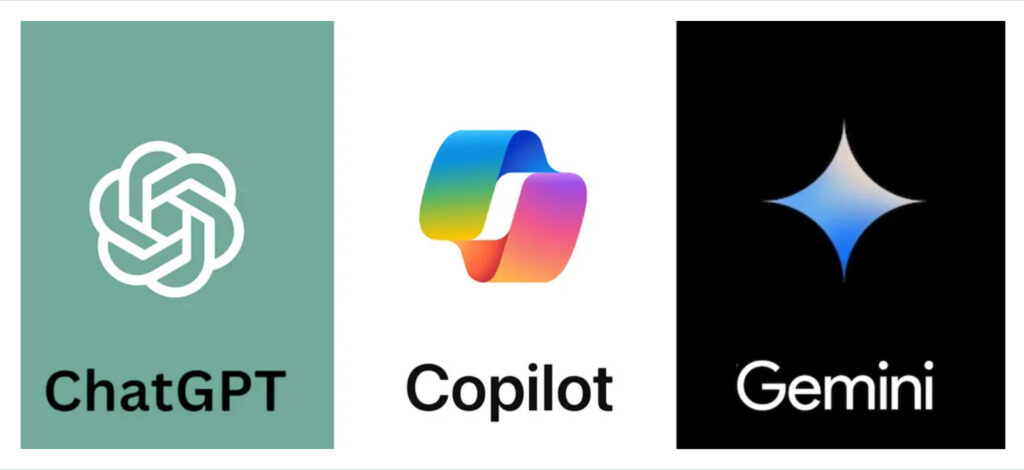1. Content Creation and Optimization
- AI-Powered Content Generation: AI tools, like ChatGPT and other language models, can generate content or assist in content creation, making it easier to scale and maintain a website’s blog, product descriptions, or other text-based content. These tools can help:
- Create long-form articles.
- Generate meta descriptions, title tags, and headings.
- Suggest relevant topics based on trending keywords.
- Write content that is more likely to match user intent.
- Content Enhancement: AI-powered tools can suggest improvements in readability, grammar, tone, and even SEO optimization. Tools like Grammarly, Hemingway, and Surfer SEO help ensure that content is not only high-quality but also optimized for both search engines and users.
2. Keyword Research and Analysis
- AI for Keyword Discovery: Traditional keyword research tools (like SEMrush, Ahrefs, or Moz) are now integrating AI to uncover keywords that may be less obvious but highly valuable. AI tools can:
- Analyze long-tail keywords, voice search queries, and emerging trends.
- Predict which keywords are likely to drive traffic based on data patterns.
- Suggest keywords based on competitors’ performance.
- Search Intent Analysis: AI can analyze search queries to determine search intent, helping you create content that better satisfies what users are looking for. For example, understanding whether a query is informational, transactional, or navigational helps in creating more targeted content.
3. On-Page SEO Optimization
- Content Optimization: AI tools can evaluate a piece of content and suggest ways to improve on-page SEO, such as:
- Keyword density.
- Internal and external linking opportunities.
- Content structure (headings, paragraphs, etc.).
- AI-Powered SEO Audits: Platforms like Clearscope and MarketMuse use AI to help optimize content for specific keywords, providing suggestions on word count, LSI (Latent Semantic Indexing) terms, and readability.
4. Predictive Analysis and Trends
- Content Trend Prediction: AI can analyze huge sets of data to predict emerging trends and topics. Tools like BuzzSumo or Google Trends use AI to analyze what’s being shared across the web, helping marketers identify topics that are likely to become more important in the future.
- Performance Forecasting: AI can predict the potential performance of content, keywords, or pages in the SERPs (Search Engine Results Pages). This allows marketers to allocate resources more effectively.
5. Link Building and Backlink Analysis
- Link Quality and Relevance: AI can help identify high-quality backlink opportunities by analyzing the link profiles of competitors and finding sites with high domain authority and relevance. Tools like Linkody and Ahrefs use AI to evaluate backlinks.
- Automated Outreach: AI tools can automate the outreach process for link building by crafting personalized emails and managing responses at scale.
6. Technical SEO Improvements
- Automated Site Audits: AI-powered SEO audit tools can automatically detect technical issues on your website, such as:
- Broken links.
- Duplicate content.
- Missing meta tags.
- Slow page load speeds. Tools like Screaming Frog SEO Spider and SEMrush are increasingly using AI to perform these audits and offer actionable solutions.
- AI for Structured Data (Schema Markup): AI can help identify which pages should have schema markup (structured data) and generate the appropriate markup code, helping pages rank better in SERPs with rich snippets (e.g., reviews, ratings, FAQs).
7. User Experience (UX) and Behavior Analysis
- AI-Powered Analytics: AI can analyze user behavior data (e.g., click-through rates, bounce rates, time on page) to provide insights into how users interact with your site. AI tools like Google Analytics and Hotjar can predict which areas of the website need optimization for better user experience.
- Personalization: AI algorithms can help personalize website content based on user behavior. Personalized recommendations or content can increase engagement, improve dwell time, and reduce bounce rates, all of which can impact SEO.
8. Voice Search Optimization
- Optimizing for Voice Search: As voice search becomes more common, AI plays a key role in optimizing content for it. Voice search queries are often longer and more conversational, and AI can help predict the types of queries that may be used in voice searches. Answer The Public and Google’s BERT use AI to identify natural language patterns for voice queries, helping you create content that matches how users speak.
9. AI for SEO Reporting
- Automated Reporting: AI can automate SEO reporting by pulling data from multiple sources, such as Google Analytics, Google Search Console, and backlink tools, and delivering insights on what is working and what needs improvement.
- Predictive Analytics for Campaign Performance: AI tools can predict the ROI of specific SEO campaigns, helping businesses make data-driven decisions.
10. Google Algorithm Updates & Adaptation
- AI for Google Algorithm Monitoring: With Google’s algorithms (like RankBrain, BERT, and MUM) becoming more sophisticated, AI tools can track and analyze updates to these algorithms. This helps businesses adjust their strategies to remain compliant with Google’s evolving ranking signals.
- Adaptive SEO Strategy: AI can monitor fluctuations in rankings caused by algorithm updates and suggest quick changes to recover or improve rankings, such as content refreshes or adjustments in keyword targeting.
11. AI and Local SEO
Geolocation Targeting: AI can predict which local search queries are growing and help optimize content and listings to attract nearby customers.
Local Search Optimization: AI tools can help optimize Google My Business listings by suggesting the right categories, keywords, and updates based on local search trends. They can also predict the keywords and content that will attract local traffic.

